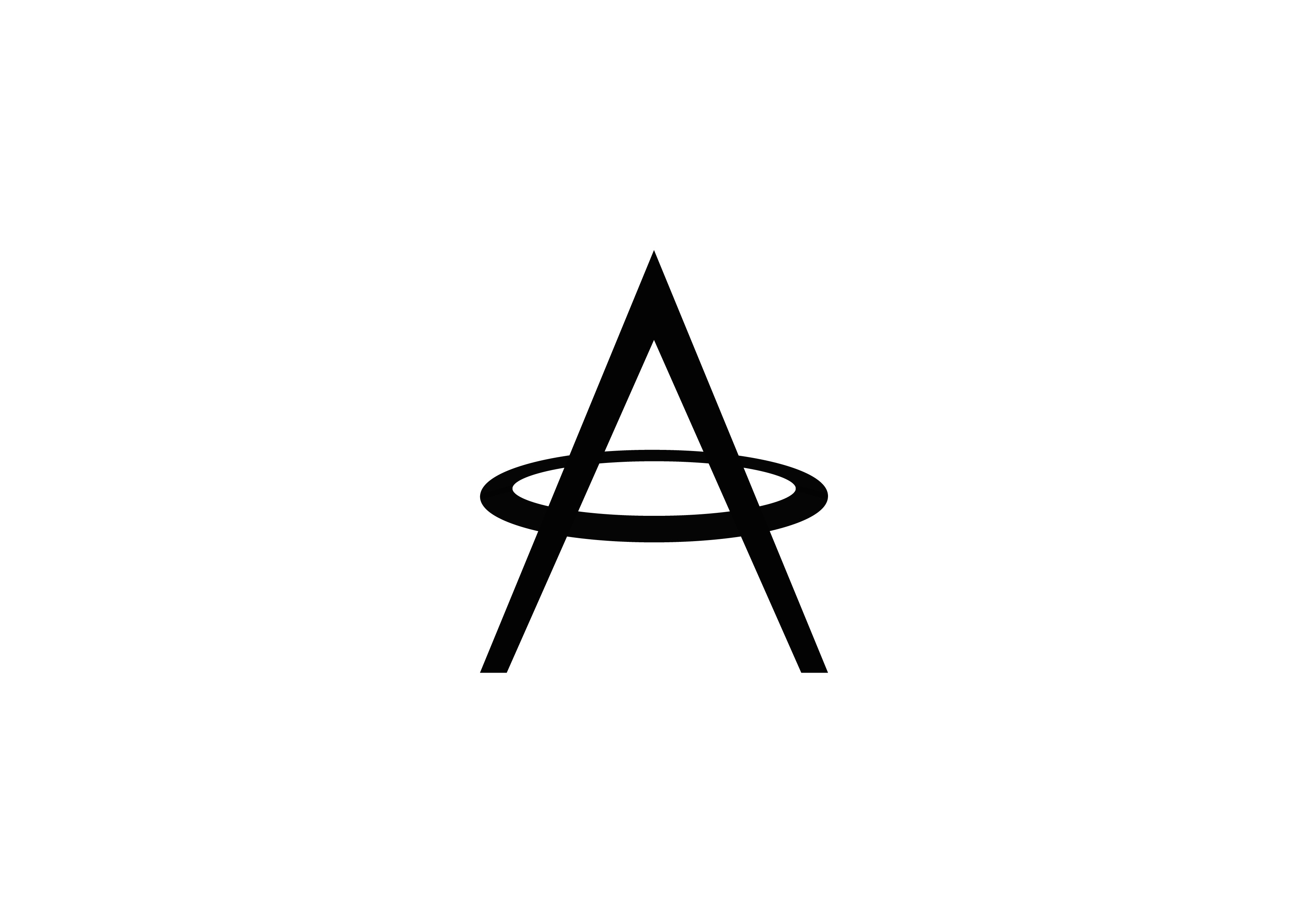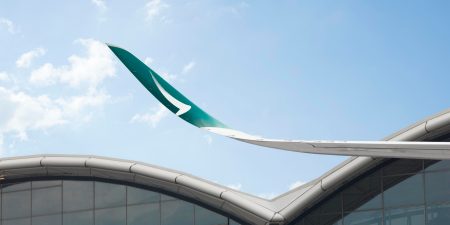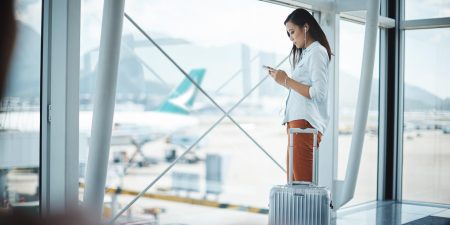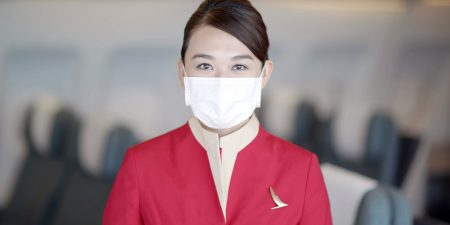![[translation] Cathay Pacific completes its first overseas refuel of Sustainable Aviation Fuel on commercial flights](https://cdn.uc.assets.prezly.com/87499b37-b019-40c5-9349-f1e8bba1269b/-/resize/1108x/-/quality/best/-/format/auto/)
[translation] Cathay Pacific completes its first overseas refuel of Sustainable Aviation Fuel on commercial flights
The airline is committed to increasing its use of Sustainable Aviation Fuel to achieve its net-zero carbon emissions goal
Blended and supplied by ExxonMobil Asia Pacific Pte Ltd, this batch of SAF was refuelled at Singapore Changi Airport onto four Cathay Pacific cargo flights – CX2076 to Hong Kong on 7, 14 and 28 June, and CX2074 to Penang on 30 June. This follows the use of blended SAF uplifted at Hong Kong International Airport onto selected flights last year, and on the delivery flights for its new Airbus A350 from Europe over the past six years.
\nCathay Group Chief Executive Officer Ronald Lam said: “This is an important milestone for Cathay Pacific and our ambition to achieve net-zero carbon emissions by 2050. As an international airline, we have a leading role to play in helping the aviation industry to decarbonise and we are constantly exploring solutions and advocating for extensive collaboration with many stakeholders to combat climate change.
\n“We firmly believe that SAF will be the primary lever by which the aviation industry achieves net-zero carbon emissions. By expanding the uplift of blended SAF onto selected commercial flights at Changi Airport as well as our home hub, we hope to strengthen SAF awareness across the Asia Pacific region and send a strong signal to the supply chain that there is firm demand for SAF from airlines."
\nThis neat SAF was created from 100% used cooking oil and meets International Sustainability and Carbon Certification (ISCC) EU standards. On a lifecycle basis, it can reduce GHG emissions by nearly 90% compared to conventional jet fuel[1], providing a lower GHG emissions air travel and air cargo solution.
\n“We are pleased to collaborate with Cathay Pacific for the successful deliveries of certified SAF in Singapore,” said Ong Shwu Hoon, Asia Pacific Fuels Vice President, ExxonMobil Asia Pacific Pte Ltd. “ExxonMobil remains focused on growing our lower GHG emission fuels business to support the decarbonisation goals of the aviation industry, leveraging our operational and logistical capabilities.”
\nCathay Pacific is committed to increasing the use of SAF on its flights. The airline launched the Cathay Pacific Corporate SAF Programme in 2022, the first major programme of its kind in Asia, with eight corporates as launch customers. The programme provides corporate customers the opportunity to reduce their carbon footprint from business travel or airfreight by contributing to the use of SAF. Cathay Pacific plans to bring more corporate customers onboard the programme in 2023.
\nFor more information on Cathay Pacific’s sustainable development efforts, click here.
\n[1] As calculated by the neat SAF supplier using International Sustainability and Carbon Certification (ISCC) methodology, ISCC EU
","type":"html"},{"children":[{"text":""}],"type":"placeholder:video","uuid":"a622e737-0fd0-57ed-8916-ae37453ced76"},{"children":[{"text":""}],"type":"placeholder:gallery","uuid":"43373278-c272-52ea-9414-31e91aab16b5"},{"children":[{"text":""}],"type":"placeholder:bookmark","uuid":"0fc2b067-ec2c-514b-b911-f2d18b9d5067"},{"children":[{"text":""}],"type":"placeholder:attachment","uuid":"440eb922-6c52-5a00-9812-63f21deef7e7"},{"children":[{"text":""}],"type":"placeholder:contact","uuid":"984d7153-6391-5e83-9f33-2afb561c66db"}],"type":"document"}








